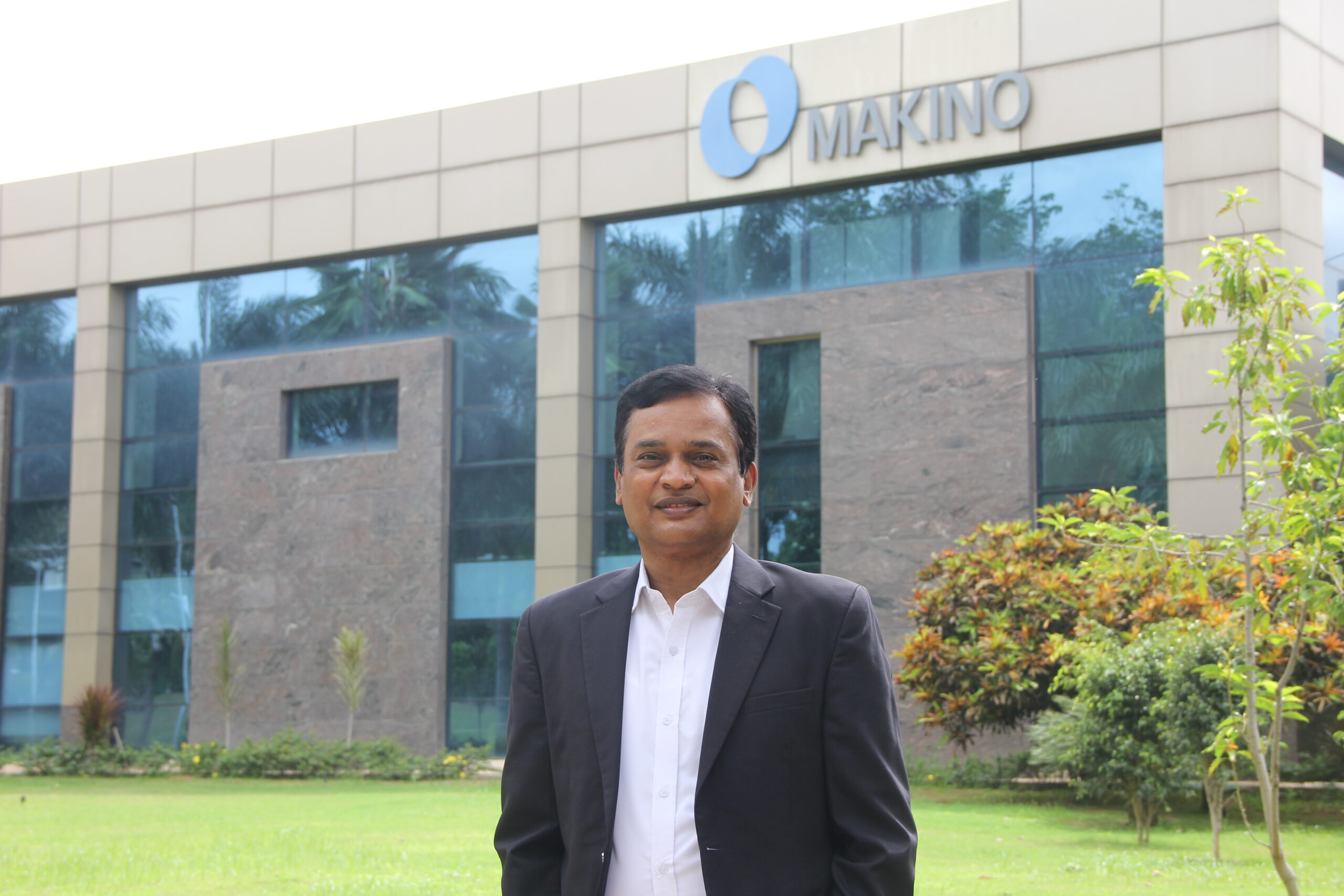ABB launches ABB Ability™ Safety Plus for hoists for the highest level of personnel and equipment safety

Suite includes the first Safety Integrity Level 3 certified mine hoist brake system, hoist monitor and hoist protector on the market
Global technology company ABB is launching ABB Ability™ Safety Plus for hoists, a suite of mine hoist safety products that brings the highest level of personnel and equipment safety available to the mining industry. The products include Safety Plus Hoist Monitor (SPHM), Safety Plus Hoist Protector (SPHP) and Safety Plus Brake System (SPBS) including Safety Brake Hydraulics (SBH).
Designed in accordance with the international ‘safety of machinery’ standard (IEC62061), the products have been independently certified by research institute RISE (Research Institute of Sweden) which works with companies, academia and the public sector in industrialization, quality assurance and certification.
ABB Ability™ Safety Plus for hoists includes the new ABB SIL 3 Safety Plus Brake System (SPBS), which is the mining industry’s first fully independently certified Safety Integrity Level 3 (SIL 3) mine hoist brake system. SPBS will increase the safety of personnel riding mine hoists as well as the safety of the equipment, hoist and shaft infrastructure. The new SPHP provides enhanced protection for the mine hoist and mine shaft infrastructure equipment.
ABB SIL 3 SPBS handles the application of the safety brakes during emergency stops and the prevention of brake lift. ABB SIL 3 SPHP monitors the speed and position of the hoists. It also monitors the instrumentation used by personnel accessing or using the hoist from different levels, for example, at gates and maintenance platforms, emergency stop buttons and remote lockout points. The ABB SIL 3 SPHP interfaces with the safety brake system to bring or keep the hoist to a safe state. It also interfaces with the drive and hoist control system.
“This is a significant milestone in mine hoist safety representing a world first for fully certified Safety Integrity Level 3 hoisting,” said Oswald Deuchar, Global Product Line Manager for Hoisting, ABB.
“Labor safety is a key priority for mine operators and increasing legislation underlines this imperative. The ABB Ability™ Safety Plus for hoists suite of products, SIL 3-rated components and self-diagnostics will ensure high availability of the mine hoist while providing the highest level of safety. These products are ready-made safety solutions, which are exhaustively tested in house, and designed for tough mine environments.”
ABB offers safe, optimized and fit-for-purpose hoisting solutions designed by mining engineering teams, and has almost 130 years of experience in hoisting with more than 1,000 hoisting solutions installed worldwide, integrated with a portfolio of advanced digital services such as ABB Ability™ Performance Optimization for hoists to ensure highest availability and productivity.
ABB (ABBN: SIX Swiss Ex) is a leading global technology company that energizes the transformation of society and industry to achieve a more productive, sustainable future. By connecting software to its electrification, robotics, automation and motion portfolio, ABB pushes the boundaries of technology to drive performance to new levels. With a history of excellence stretching back more than 130 years, ABB’s success is driven by about 110,000 talented employees in over 100 countries. www.abb.com
About RISE, Research Institute of Sweden
RISE is an independent organization, they employ over 2800 “problem solvers”. RISE has a high level of expertise in functional safety and have presented technical papers on functional safety within the mine hoist industry. RISE also provides independent certification services. https://www.ri.se/en
About SIL
Safety Integrity Level or SIL is a term used by International Functional Safety Standards including IEC61508 and IEC62061. SIL levels range from 1 to 4. The higher the number, the higher the level of safety and the lower the probability that the safety-related system will fail to carry out the required safety functions. While there are four SIL levels IEC62061 does not recognize SIL 4 and many functional safety experts say that if the process requires SIL 4 level of safety, perhaps the use of that process in the first place should be reconsidered.




